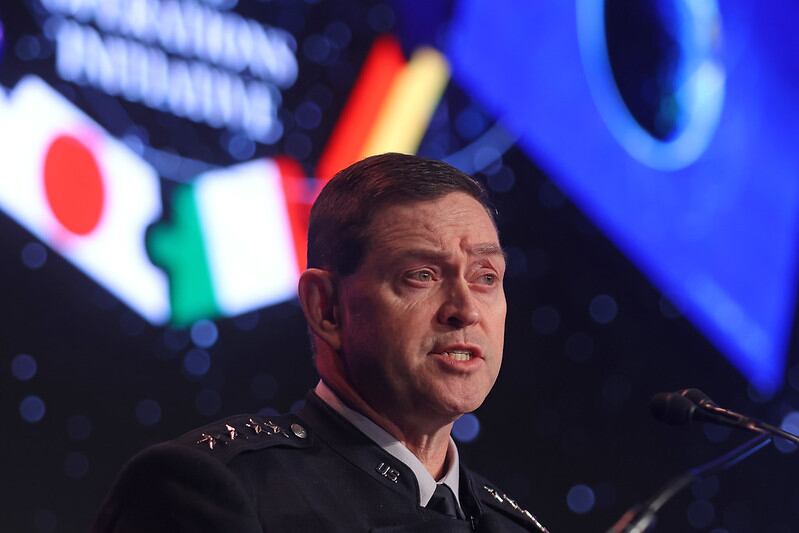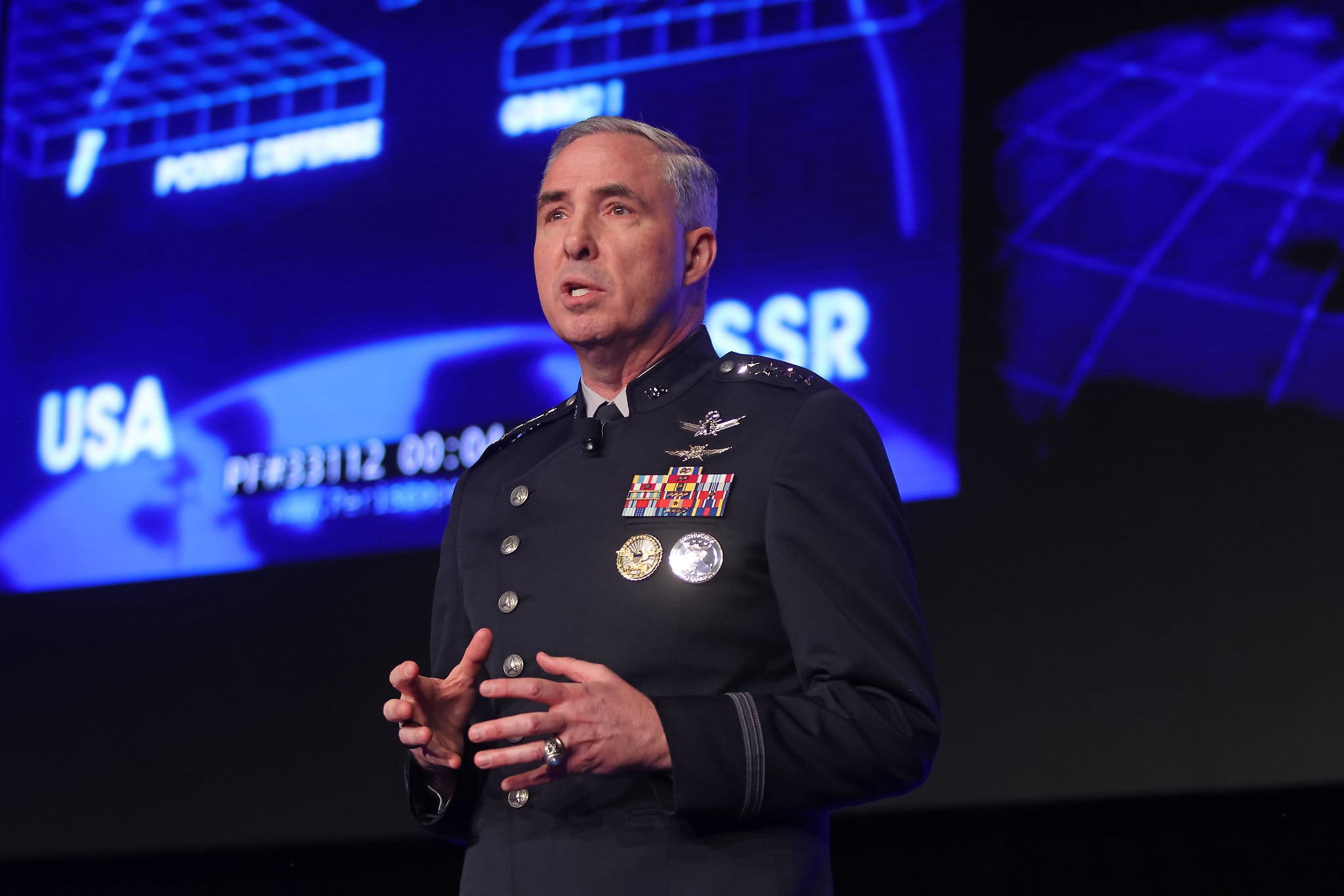The Army’s electronic warfare professionals will begin their transition to the cyber branch in January.
Announced last year by Maj. Gen. Patricia Frost, who heads the Army’s cyber directorate within the Pentagon, the Army plans to transition their 29 series electronic warfare personnel to 17 series cyber professionals, the Army’s cyber branch.
“Effective 1 October, 2018 our electronic warfare force, which we call our 29 series career field will now become 17s, meaning that is the career field that is the baseline of cyber,” she said late last year. “We will start training the 29 series this year with a foundation in cyber, signals intelligence and electronic warfare. And then we’ll talk about kind of where the Army’s going with reorganization and operational capability.”
The Army has approved this and is now in the process of working through that transition, which will become official Oct. 1 of next year, Maj. Gen. John Morrison, commander of Fort Gordon and the Cyber Center of Excellence, said during a media round table at TechNet Augusta.
But this transition will actually start to take place in the January time frame, Morrison said, to give personnel time to properly transition.
Morrison noted these electronic warfare personnel will be employed differently than they had previously as they transition to the cyber branch. There will be cyber operational planners embedded on every brigade combat team and battalion staff fielding additional capabilities.
“As we do that, we’re going to have to look if we have the organizational framework right or not,” Morrison told reporters. “We think we’ll probably have some force structure mismatches because it is quite frankly a capability the Army traded away for all the right reasons in 15-16 years of war.”
Morrison added: “It is a critical operational gap that we have in our formations and we need cyber operational planners supporting our maneuver commanders.”
Training of mobile training teams will begin in early January to ensure the force will be ready to go on Oct. 1.
“In the end, this is going to be a very skilled professional ― both officer, warrant officer and enlisted,” Morrison said.
New electronic warfare professionals will come through the cyber school first, he said, getting a baseline in cyber and then be trained on the specifics of electronic warfare.
“Our opportunity here is to bring what is a very, very small but powerful population into a broader capability so we can bring electronic warfare, cyber capabilities and information operations into the future,” Lt. Gen. Paul Nakasone, commander of Army Cyber Command, said during a keynote at TechNet.
Mark Pomerleau is a reporter for C4ISRNET, covering information warfare and cyberspace.








